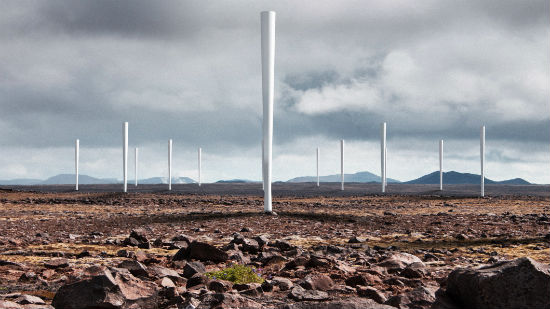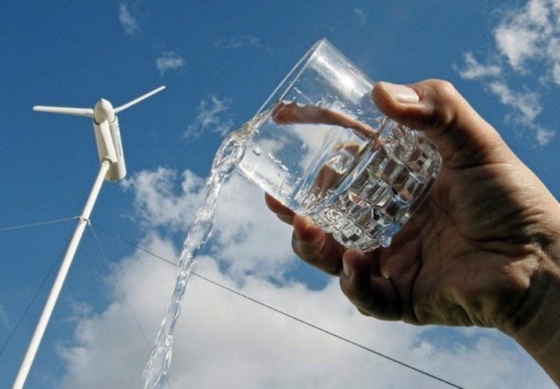
Carnegie Mellon University has announced that it will purchase green power to offset 100 percent of the university’s electric consumption for 2012.
The purchase reflects CMU ‘s longstanding commitment to promoting environmental sustainability.
CMU will purchase 116,000 megawatt hours (MWh) of Green-e certified renewable energy credits from Renewable Choice Energy. The power supported by the credits is sourced from wind farms located in the Midwest region of the United States.
The amount of green power purchased by the university will offset nearly 80,000 metric tons of carbon dioxide emissions — equivalent to avoiding the annual carbon dioxide emissions of almost 10,000 U.S. homes or more than 15,000 passenger vehicles.
CMU has long been a supporter of green power, having made its first purchase of wind power in 2001. That purchase, which represented 5 percent of the university’s usage, was at the time the largest-ever purchase of wind-generated electricity in America.
Each year, CMU has increased the amount of green energy it has purchased, and the university has consistently been recognized by the U.S. Environmental Protection Agency for its green power purchasing program. Among all U.S. colleges and universities, CMU currently ranks second on the EPA’s list of top green power purchasers. CMU is a founding EPA Green Power Partner and recipient of a 2010 Green Power Leadership Award.
“We practice what we preach. Carnegie Mellon is committed to sustainability in education, research and our own practices,” said Jared L. Cohon, president of Carnegie Mellon.
Renewable energy credits, or RECs, are how green power is tracked and traded and is the accepted way to reduce carbon emissions in North America. When a renewable energy facility produces one MWh of electricity and adds it to the power grid, one corresponding REC is also generated. Organizations that purchase RECs corresponding to their electrical consumption can be assured that an equivalent amount of clean power was generated at a renewable facility and added to the power grid. RECs are endorsed and purchased by the EPA, Fortune 500 companies and NGOs.
“Carnegie Mellon has been a leader in the realms of sustainability and renewable energy for years and this purchase keeps them firmly in the top five largest green power purchasers among colleges and universities,” said John Powers, vice president of Business Development for Renewable Choice Energy. “Renewable Choice is proud to partner with Carnegie Mellon to help them support the growth of new domestic and clean sources of energy.”
Carnegie Mellon continues to seek ways to reduce its carbon footprint with renewable energy generation projects on campus as well as the recent conversion, along with other Pittsburgh owners, of a jointly owned boiler facility from coal to 100 percent natural gas.



